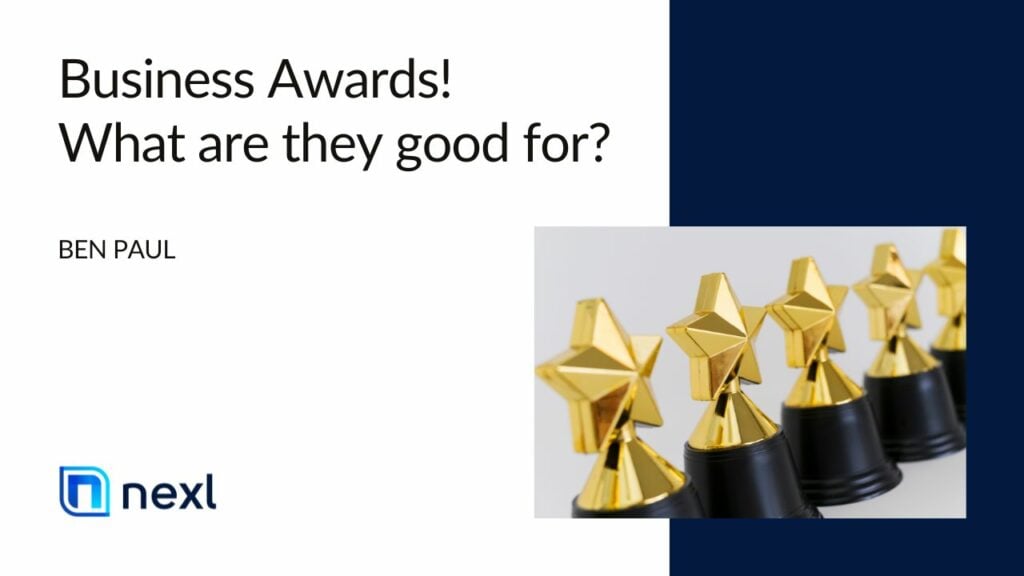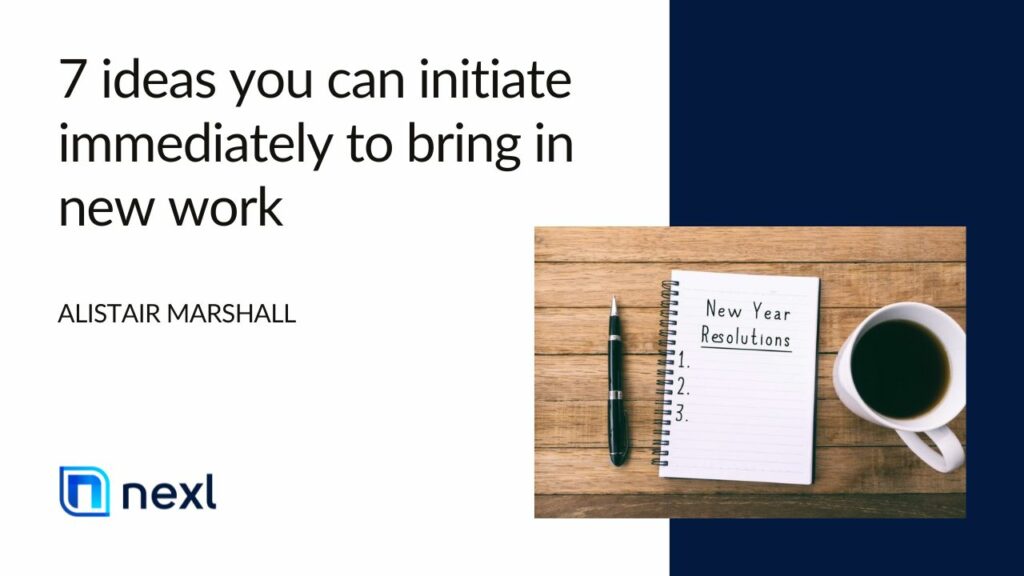Social media is a powerful tool for lawyers looking to generate new business and grow their firm. But what should you know before jumping in?
A hot new technology
A long time ago, legal practitioners used to win new business by building up a strong reputation – and by creating genuine relationships with people in their local community.
But time passed. The world modernised. And somewhere on the way, many lawyers forgot about the whole ‘reputation’ and ‘relationships’ thing.
Suddenly, a hot new technology called ‘social media’ burst onto the scene.
Legal practitioners, once limited to phone calls and emails, suddenly had LinkedIn, Facebook, Twitter and forums (like Reddit, Quora, or NEXL) to choose from.
Many created profiles and started posting, with mixed results. Some of it was entertaining, some harmful, but mostly it was forgettable – and didn’t lead to new clients.
As a result, many lawyers have decided that social media is isn’t worth the time.
Social media has survived – will you?
I have another take on this story.
What if it isn’t social media that is broken – but the way that lawyers are using it that needs fixing?
How many social media platforms are there today, compared with the 2000s?
Exponentially more.
That answer speaks for itself. In the world we live in, social media is here to stay.
And particularly so in 2020. How many new people can we actually meet these days?
If winning new business is about ‘reputation’ and ‘relationships’, then it seems like social media is actually something worth turning our minds to as lawyers.
So let’s give social media the credit it deserves – bearing in mind the 3 Cs of effective social media use for lawyers:
Be Careful
Consider this: once something is on the internet, it’s pretty much undeletable.
Of course, that doesn’t mean that you should give up on social media.
Just look at how many big corporates, small businesses, government agencies and lawyers – yes, lawyers – are active and well-known on social media today.
But it does mean you need to be careful that you won’t regret what you post down the line.
To me, there’s 2 main things to think about.
First: play nice.
Make sure you’re being as polite, respectful and humble as you would be if you were presenting your post to a room full of strangers.
Don’t send out aggressive messages, avoid the inevitable pull of industry gossip and try to avoid coming across as self-obsessed or egotistical in your writing.
Sounds like a few things to avoid. You might be wondering how to remember all of that.
Instead, try this alternative: a simple rule that’s taught in the public relations industry.
Meet the ‘New York Times Rule’: before hitting ‘send’ on your email, message, comment or post – think about how you’d feel if it was quoted on the front page of tomorrow’s New York Times along with your name and photograph.
Not feeling so good about hitting ‘send’ now? It might be worth going back to the drawing board on that post.
Second: don’t sell.
It’s one thing to play nice – but it’s another thing to play well.
You can be polite, positive and professional and still end up losing on social media because you’re branded as the firm or lawyer that is constantly posting about free consultations.
Social media is not an inbound sales hotline.
It is a way to connect with potential clients in a human way – and to eventually build a fantastic, lasting impression with your community.
That means you need to discuss more than your availability for conferences.
Be Consistent
So now that you’ve got an idea of the ground rules for social media, let’s talk about why you need to approach it as a habit.
When social media first appeared, many people joined, made a single post, and then fizzled out.
Some of these people would have had the potential to become respected voices in their respective communities.
But the world will never know – because the platform they created wasn’t permanent.
Social media is powerful for those with a permanent presence.
And only a consistent calendar of content, engagement and responding to others’ comment will give you a permanent presence.
If you post a few times, then disappear for 11 months a year – you may as well just stick to traditional emailed updates.
But if you want to get ahead of the pack, create sustained relationships, and generate business throughout the year – then social media is the way to go.
A great example of consistency is the New York Times’ daily podcast, ‘The Daily’.
Since launching, it has become popular not just in New York, or America, but one of the most popular podcasts in the entire world.
It has introduced thousands of people to a paper based in New York – listeners who are in many cases thousands of miles away from the people who wrote it.
And do you know what the team puts the success down to?
Their commitment to creating extremely high quality, documentary-level podcast episodes on a daily basis.
In other words: consistency.
So, the question for you is – how often do you feel you can commit to logging on to your social media profiles?
Once you answer that question, it’s just a matter of scheduling it and sticking to it.
Creative
We now have 2 pieces of the social media puzzle. Take care with the way you post to ensure you’re not creating problems for yourself or your firm down the line. And make posting a habit to establish a permanent platform in the social media jungle.
But there’s one last piece: creativity. Here are some ideas you ocan use fro your social media marketing:
- Share your latest blog post on an interesting legal topic or current affairs
- Create a Podcast
- Share videos
- Do quick Q&A style posts
- Share bite-sized useful content excerpts – such as statistics or your expertise
- Post questions
- Share behind-the-scenes photos
Conclusion
Social media is no doubt of value to lawyers in today’s market – especially as the recovery from COVID-19 continues in many countries and sectors.
By following the 3 simple principles in this article, you can ensure that you maximise your return on time spent engaging and posting online – which in turn will create new business for your firm.
However, social media is just one part of the puzzle. It’s critical to fit your use of social media into a larger plan for the practice or your career.
The NEXL Business of Law Community Hub is packed with helpful articles about practice management and career development, along with a private legal community. Join now and start learning the business skills to help advance your career.






